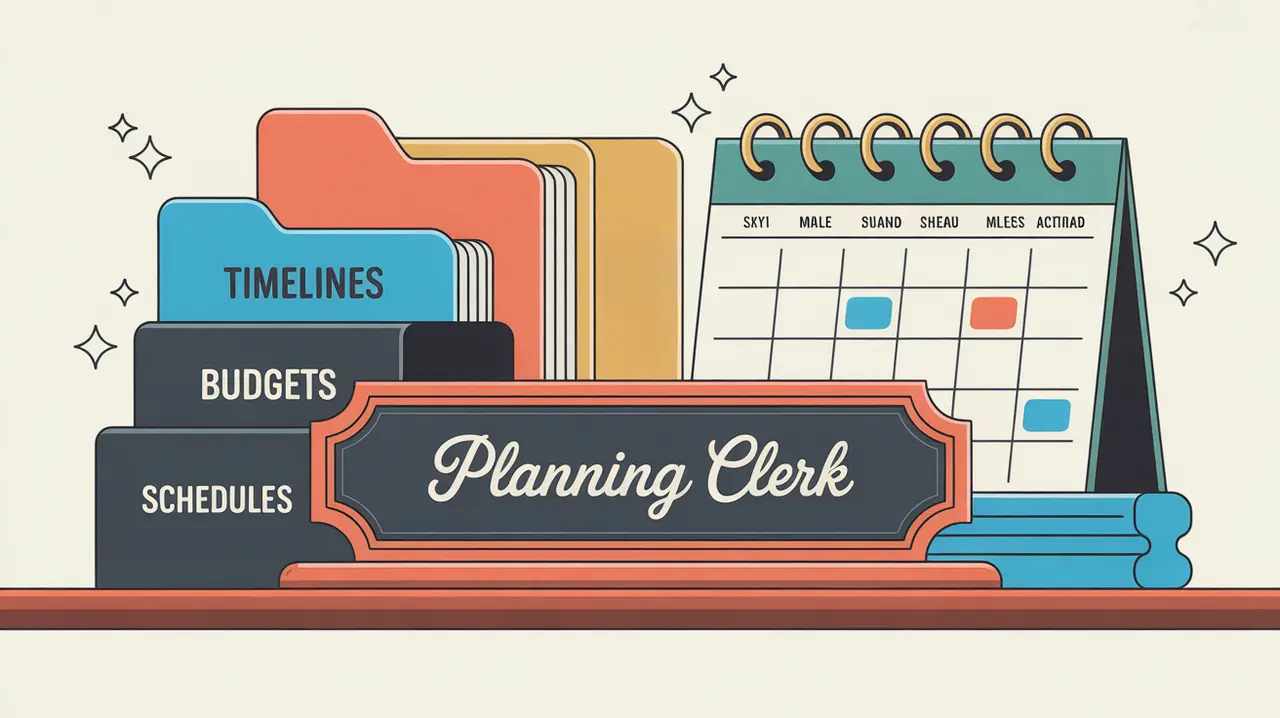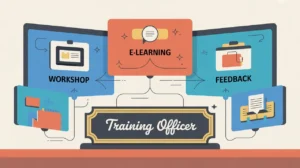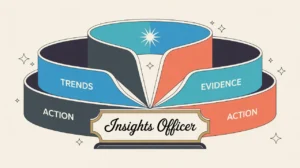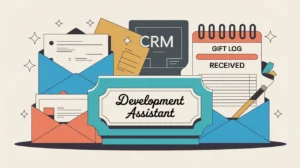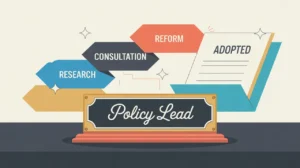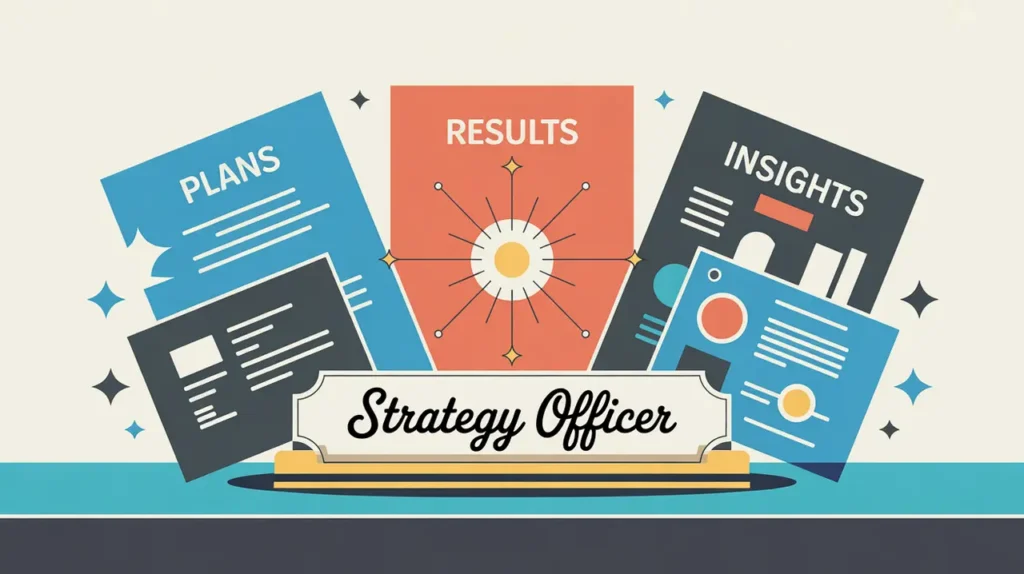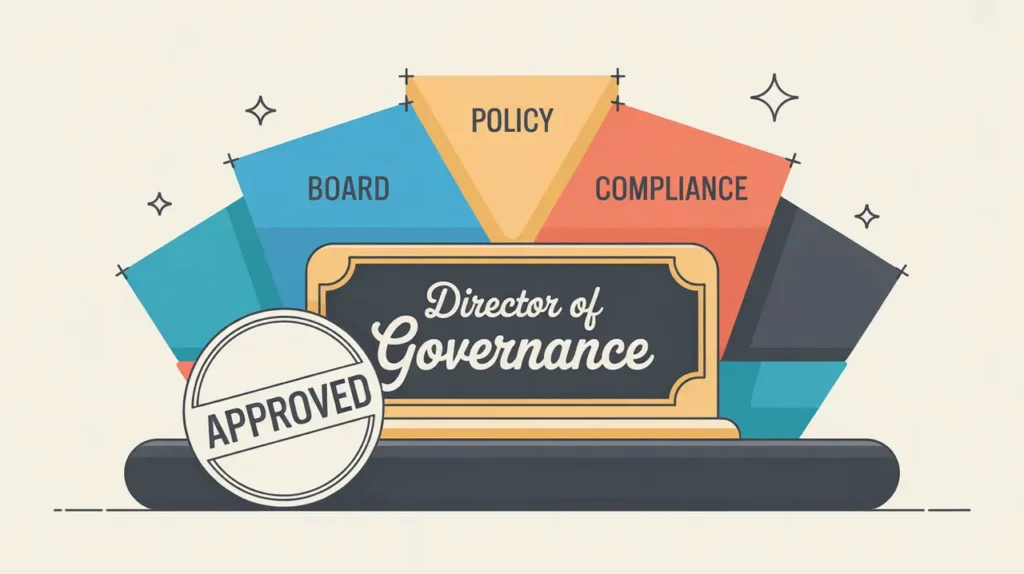What Does the Planning Clerk Role Involve?
A Planning Clerk is responsible for providing administrative and data support to organizational planning processes. They assist in collecting, organizing, and maintaining information used for strategic, operational, or program planning. This includes supporting the preparation of plans, timelines, and reports, as well as ensuring that relevant data and documentation are accurate and up to date.
In nonprofits and social enterprises, Planning Clerks play an essential support role, helping ensure that planning activities are well coordinated, documented, and aligned with organizational goals and timelines.
At What Level does this Role Operate?
Entry Level: Planning Clerks typically operate under close supervision, reporting to a Planning Specialist, Planning Lead, or Program Manager. They focus on routine administrative, data, and coordination tasks that support larger planning functions.
Relative Employability: Planning Clerk roles are commonly available in mid to large nonprofits, social enterprises, and development organizations. They offer an entry point into strategic planning, program management, or operations roles, especially for individuals with strong organizational and data management skills.
Relative Pay Scale: Planning Clerks usually fall within the lower pay bands, aligned with administrative and coordination roles. Compensation may increase with specialization in data analysis or progression to more senior planning roles.
What are the Key Responsibilities and Activities?
- Collect, organize, and enter planning-related data into tracking systems and databases
- Maintain planning documents, calendars, and schedules to support strategy and program teams
- Assist in preparing drafts of operational or program plans, timelines, and progress updates
- Support the coordination of planning meetings, including scheduling, materials preparation, and note taking
- Track action items and deadlines to ensure timely follow-up
- Maintain accurate records and documentation to support reporting and compliance requirements
- Provide administrative support to planning teams as needed
What Core Competencies and Qualifications are Needed?
Required Qualifications and Experience
The following reflect common qualifications and experience expected for this role, while recognizing that pathways may vary by context, organization, and region.
- Relevant academic background in administration, business, public policy, or related fields
- Experience in administrative support, data entry, or coordination, preferably in nonprofit or programmatic settings
- Proficiency with spreadsheets, databases, and document management tools
- Strong organizational skills and attention to detail
Key Competencies
- Accuracy and reliability in managing planning data and documents
- Good organizational and coordination skills
- Proficiency in basic reporting and scheduling tools
- Effective communication skills for supporting cross-team collaboration
- Capacity to manage routine tasks and meet deadlines consistently
How are AI and Automation Shaping this Role?
An AI-native Planning Clerk can use AI tools to automate data entry, schedule tracking, and document preparation. AI-powered assistants can generate draft plans, timelines, and meeting summaries from structured inputs. Automated reminders and workflow tools can ensure that planning tasks stay on schedule. These technologies allow clerks to manage higher volumes of information more efficiently and contribute to more streamlined planning cycles.
What Career Pathways and Transferable Skills are Associated with this Role?
Planning Clerks can progress to roles such as Planning Specialist, Planning Lead, Program Coordinator, or Operations Officer. Their skills in data management, coordination, and planning support are transferable to program management, strategy, and administrative roles. With experience, they may take on greater responsibility for designing planning frameworks or managing planning processes.
